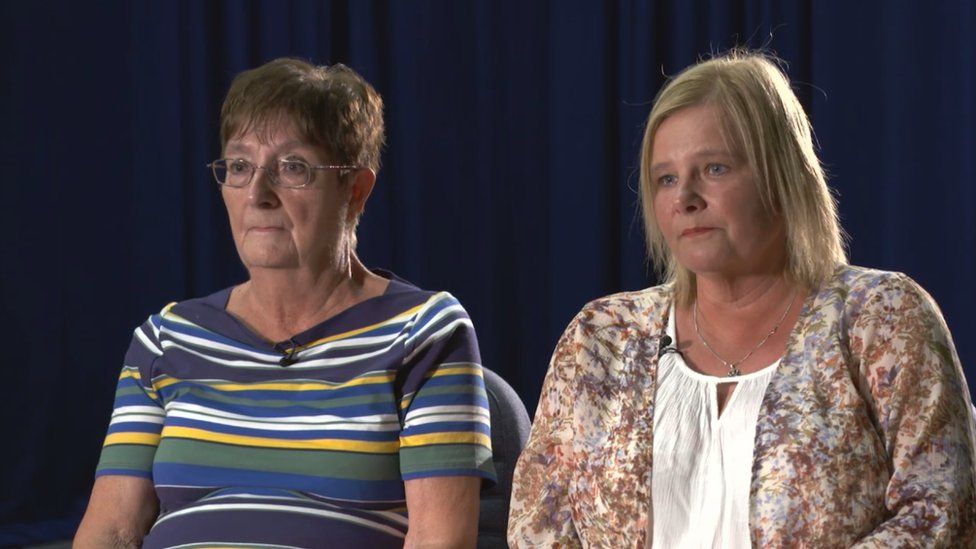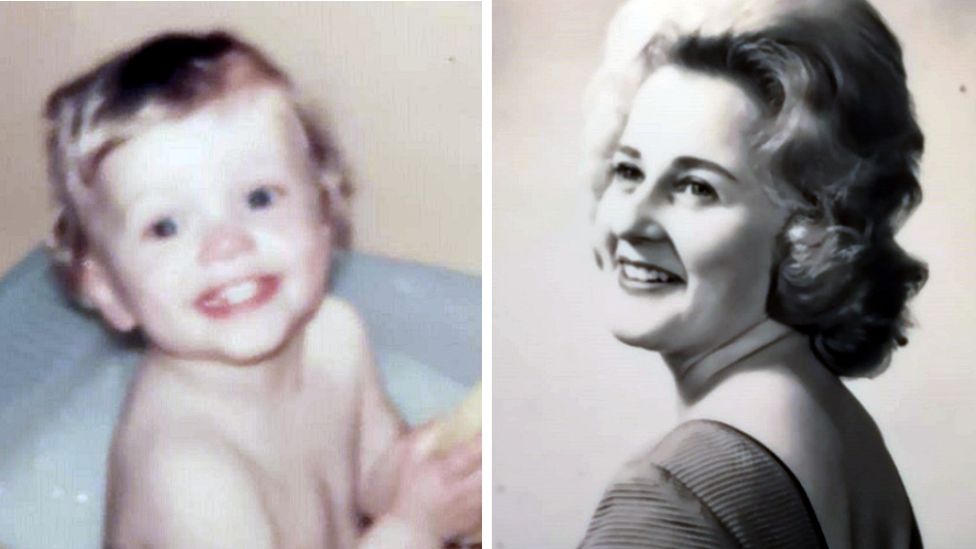 Police Scotland
Police ScotlandA change to Scotland’s parole rules could mean that killers are denied release if they do not say where and how they disposed of victim’s remains.
It is rare for people to be convicted of murder or culpable homicide without a body being found, but there have been a handful of high-profile cases.
One of the best known was Edinburgh bookkeeper Suzanne Pilley.
Her former partner was convicted of her murder in 2012 but her body has still not been found.
Prosecutors believed David Gilroy killed her in the basement of the Edinburgh building where they worked and buried her the next day – more than 100 miles away in the forests of Argyll.
Gilroy was sentenced to life, with a minimum of 18 years behind bars, and has refused to reveal the details of his crime.
- ‘We cannot say a proper goodbye to Suzanne’
Ms Pilley’s sister Gail Fairgrieve previously told the BBC: “For the past decade we have lived in a state of limbo, waiting for the news that Suzanne’s body had been found, but we’ve never been able to get that closure.
“We accept that Suzanne was murdered and believe that the person responsible is in prison, but we feel we cannot say a proper goodbye until her body is found.”

The Scottish government previously said it would back the parole plans after speaking to the families of victims, including Ms Pilley, but implementation had been delayed.
They have now made it part of the changes to the Parole Board Rules which take effect in April.
The rules make it explicit that failure to disclose the location of a victim’s body is a matter the board may take into account.
Other cases where a victim’s body has never been found include Arlene Fraser.
The mother of two disappeared from New Elgin, Moray, in 1998.
Her husband Nat Fraser is serving a life sentence, with a minimum of 17 years, after being convicted in 2012 of organising the murder.
More recently, William MacDowell was convicted for murdering his lover Renee MacRae and their son Andrew in 1976.
MacDowell, 80, will die behind bars after being jailed for life with a minimum term of 30 years.
No trace of the two victims was found and MacDowell stayed silent about what happened to their bodies.
Scottish Conservative justice spokesman Jamie Greene MSP said the move was a small step in the right direction in improving the rights of victims and their loved ones.
“However, the SNP Government have still failed to go far enough, ” he said.
“This change to the rules still does not give a guarantee that the failure to disclose the whereabouts of a victim’s body will be grounds to reject a prisoners release from their sentence.”
He said no prisoner should ever be released if they remained silent on what they had done with the remains of a victim.
Other parole changes mean certain victims will be able to choose if they wish to get information on the decision relating to the person involved in their case – rather than the decision summary being automatically sent to them.
This ‘opt-out’ aims to avoid re-traumatisation.
The Scottish government said it built on other recent parole reforms, such as the right for victims to observe parole proceedings.
-
‘We cannot say a proper goodbye to Suzanne’
-
4 May 2020

-
-
A wave – then a 14-year mystery
-
30 May 2012

-
-
Man found guilty of killing lover and son in 1976
-
29 September

-
